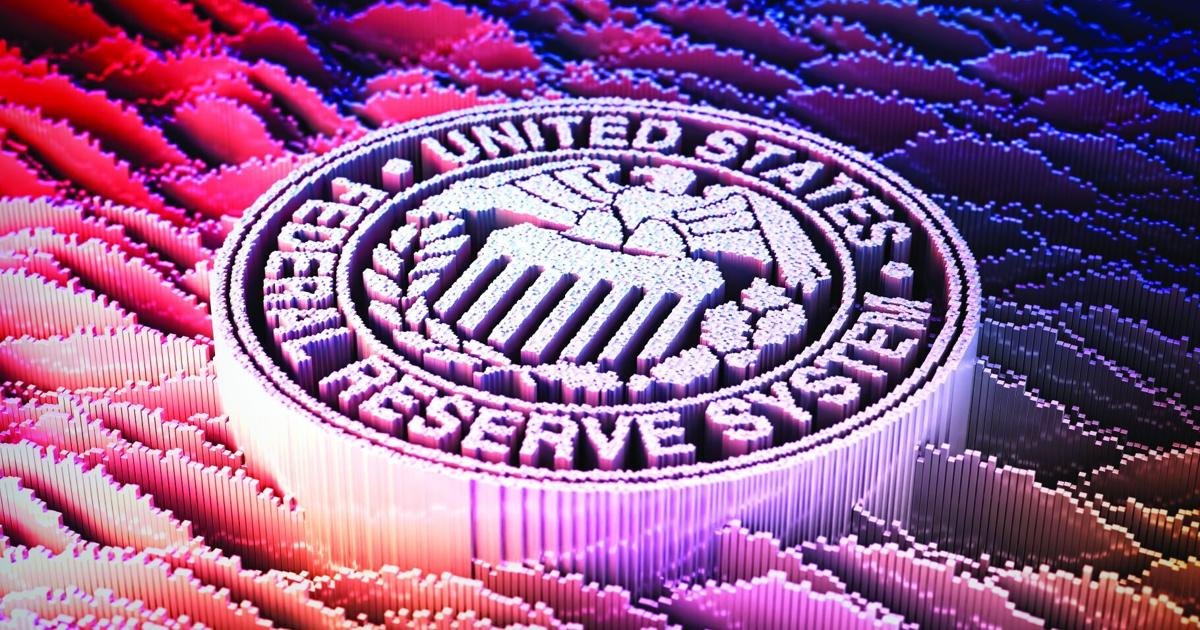If you ask economists about the Federal Reserve, many will tell you that its record is mediocre at best in terms of timing monetary policy changes in pursuit of its dual mandate: maximum employment and stable prices.
Some economists see the Federal Reserve and other central banks as critical components in a stable modern economy. Others contend that the Federal Reserve should have never been created and that our economy would be better off if it were abolished, allowing the market to dictate interest rates based on changes in the balance of supply and demand.
As someone who has spent the majority of my professional career in an academic setting studying assets that trade in markets that are directly affected by changes in monetary policy, my view of the Federal Reserve has evolved over time. I sit somewhere in the intellectual middle ground with respect to its merit. My understanding of Fed operations and the enormity of the challenge it faces in pursuit of its dual mandate has expanded greatly over the time that I have been at Florida Gulf Coast University.
I have learned a great deal about monetary policy and central banking by observing classes on the Fed led by David M. Jones and FGCU trustee Dick Eide. Jones is a former seasonal Sanibel resident, author of multiple books on the institution, and one of the most widely recognized Fed watchers in the country. Eide spent 34 years at J.P. Morgan and Co. in New York, where his roles included managing the Municipal Bond Department and trading and underwriting for the U.S. Treasury, federal agency, fixed-income futures and derivative markets.
Both of these gentlemen possess a rare level of understanding of the Federal Reserve and the role of central banking in our economy. Each time I have had the opportunity to sit in on one of their sessions, I walked away with a better understanding of the Fed’s operations.
Shelton Weeks is the Lucas Professor of Real Estate and director of the Lucas Institute for Real Estate Development & Finance at Florida Gulf Coast University’s Lutgert College of Business.
Florida Gulf Coast University
My increased understanding of the Fed and the tools at its disposal has led me to several conclusions. First, the successful implementation of U.S. monetary policy where the goal is to maximize employment while maintaining price stability is extremely difficult under the best of circumstances. Second, the number of factors that the Fed’s Open Market Committee considers when setting monetary policy is overwhelming. Finally, the job of Fed chair is one that, in my opinion, no sane person would want. The position is open to criticism from all corners of the economy. As my fellow economists will tell you, the Fed’s record clearly justifies much of the criticism it receives. However, when politicians openly criticize the Fed and attempt to influence monetary policy, we should all be a bit nervous.
History shows us that central banks that have lacked independence or have bowed to political pressure have struggled to fulfill their mission. The mission for most central banks is simply to maintain stable prices and does not include the competing goal of maximizing employment.
In countries where central banks are controlled by the government, their lack of independence results in monetary policy that is driven by politics instead of economics. As you might expect, the resulting economic outcomes are normally suboptimal and are often characterized by periods of hyperinflation and currency crises.
The lesson from the experience of these countries is clear, whether you are fan of the Fed’s policies or not: Its operations should be free from political influence. The job it is tasked with is hard enough without politicians who may not have a full understanding of the complexity of monetary policy interfering in its operations.

